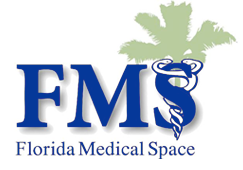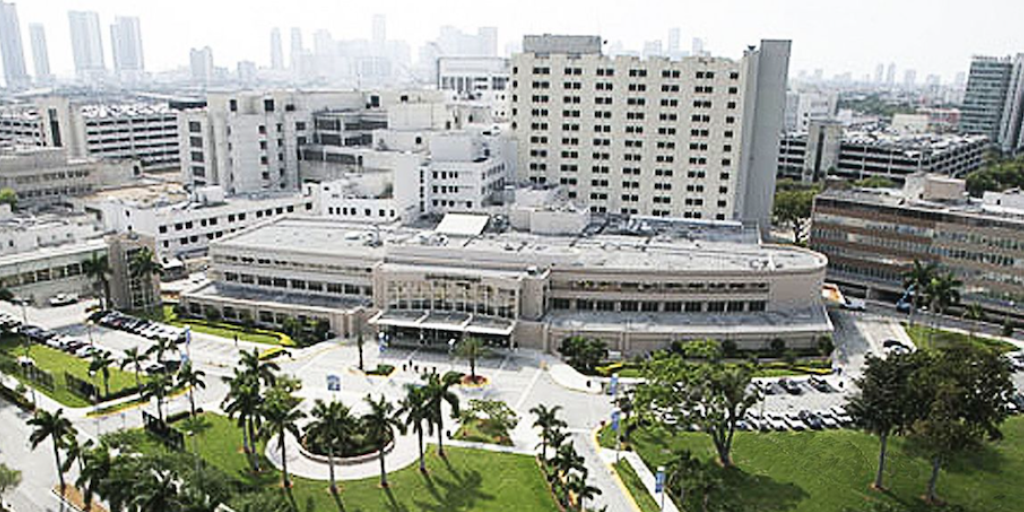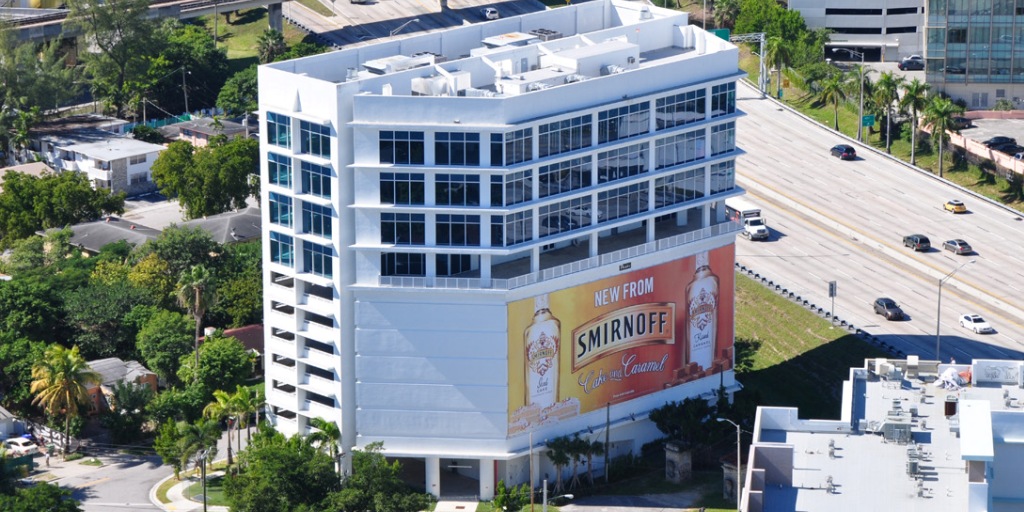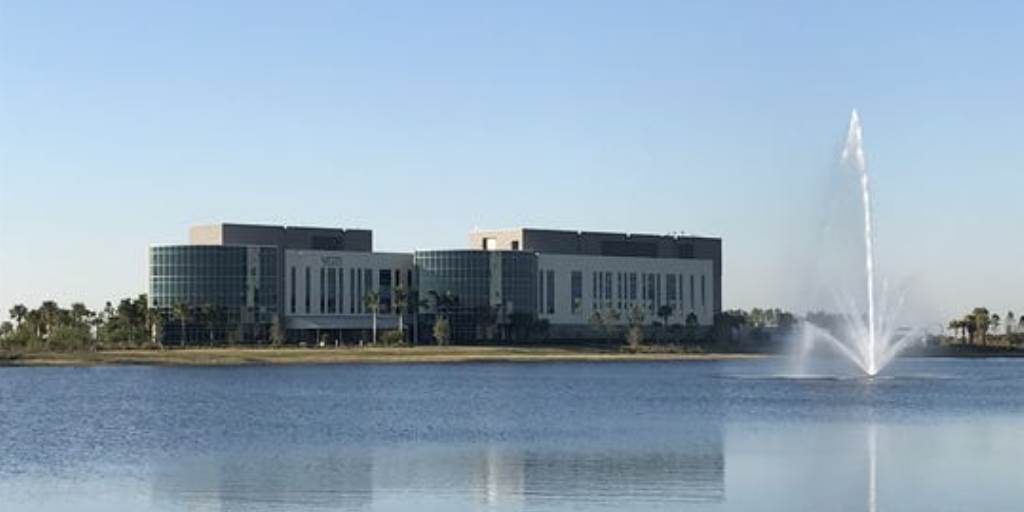
Tampa General Hospital is expanding its reach by strengthening its partnership with the University of South Florida and launching a new line of urgent care clinics.
During a USF board of trustees meeting Thursday, the hospital’s CEO, John Couris, said he wants to help create a “medical district” in and around downtown Tampa with the help of USF Health and its Morsani College of Medicine.
In addition to Tampa General committing to a $20 million lease of 25,000 square feet of space inside the medical school’s new building downtown, Couris and USF medical school dean Dr. Charles Lockwood want to create a more seamless process for patients being treated by USF or Tampa General physicians.
The new joint venture would create a “management services organization” that would streamline services, from medical records to scheduling patients between appointments at USF, Tampa General and private practice physicians with privileges at both places.
“Fifty percent of our admissions come from private practice partners,” Couris said. “With this venture, we’ll be able to provide administrative services to those physicians and create a more integrated system for patients.”
The goal is to create one health care system that can be expanded in the future to include others, like Sarasota Memorial Hospital or health care offices in Lakeland, Couris said. He described the venture as based on “inclusiveness.”
“The goal isn’t to make the hospital bigger,” he said. “It’s to collaborate with more doctors and hospitals to improve quality and lower costs for patients. We don’t have to employ everybody for that to happen, but there needs to be a nucleus.”
For example, Couris said that even though Tampa General and USF Health partner in many ways already, they each operate their own appointment scheduling programs, which slows down the process for patients. This new venture would change that.
Couris and Lockwood will appear again before USF’s trustees in August to seek final approval.
As for the medical district, Couris said connecting the dots between health care specialties and partners across the region would help draw more doctors and researchers to Tampa Bay.
“Most great cities have medical districts, which are concentrations of health services and research, which attract great scientists,” he said. As examples, he cited Houston, Dallas and Boston — cities with academic and private partnerships to create research hubs and health care options for patients.
Tampa General’s presence in the new medical schooling building — which, when completed, will include an urgent care clinic, cardiovascular clinical space and other medical offices — is a piece of that.
The hospital is also opening a 200-bed acute care rehabilitation center near its campus, across the street from the Oxford Exchange. It would connect to a future freestanding emergency department in Tampa, the University of Tampa’s nursing program, the new USF medical school, and USF’s downtown medical training and simulation facility, known as CAMLS.
“We have all these pieces coming together that are beginning to take shape,” Couris said. “That concentration will only bring more medical talent to Tampa Bay.”
In addition, Tampa General announced Thursday that it is joining with Fast Track Urgent Care to operate 10 urgent care clinics in Tampa Bay, including two in Pinellas County. The 50-50 partnership marks the first time Tampa General has offered freestanding clinical care in Pinellas.
Fast Track operates eight clinics in the region, including in Seminole and St. Petersburg. Tampa General operates two urgent care clinics in Hillsborough County, but the new partnership will fold them all into one network known as “TGH Urgent Care powered by Fast Track.”
Couris said he hopes to expand to 15 to 20 centers in the next three-to-five years.
“I like the idea of partnering with someone who is already in this line of work and doing a great job,” he said. “We don’t have to reinvent the wheel.”
Fast Track was the first organization in the Tampa Bay area to be certified by the Urgent Care Association of America. Dr. Daron G. Diecidue, the founder and CEO of Fast Track Urgent Care, will continue to lead the business.
Overall, Tampa General’s health system includes 15 medical group locations, 14 imaging centers in partnership with Tower Radiology, the Brandon Healthplex, and the TGH Advanced Organ Disease and Transplantation Institute at Lee Health in Fort Myers.
Couris said the hospital also plans to build a stronger presence in neighboring Pasco, Pinellas, Polk and Manatee counties.
Source: Tampa Bay Times





